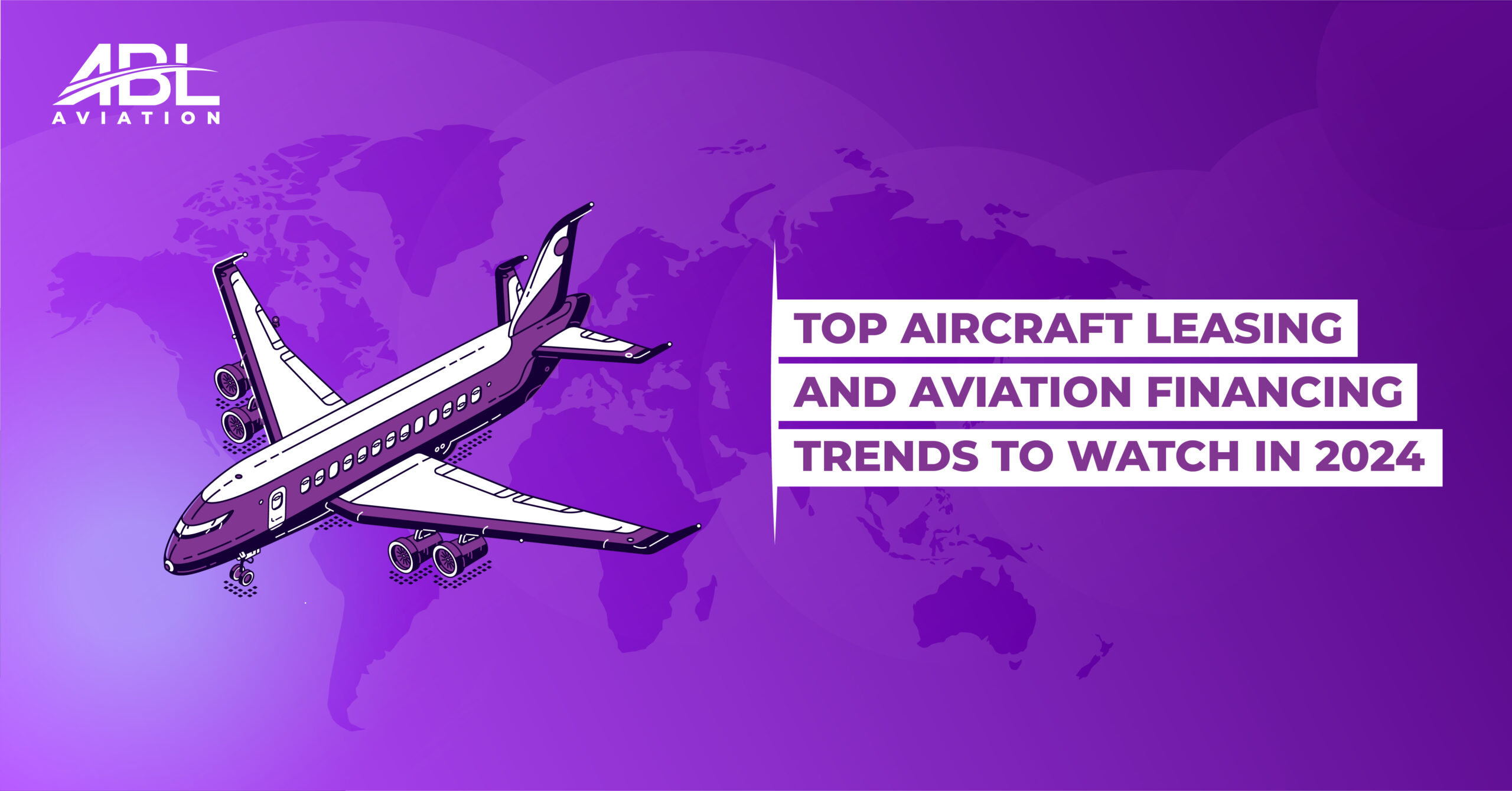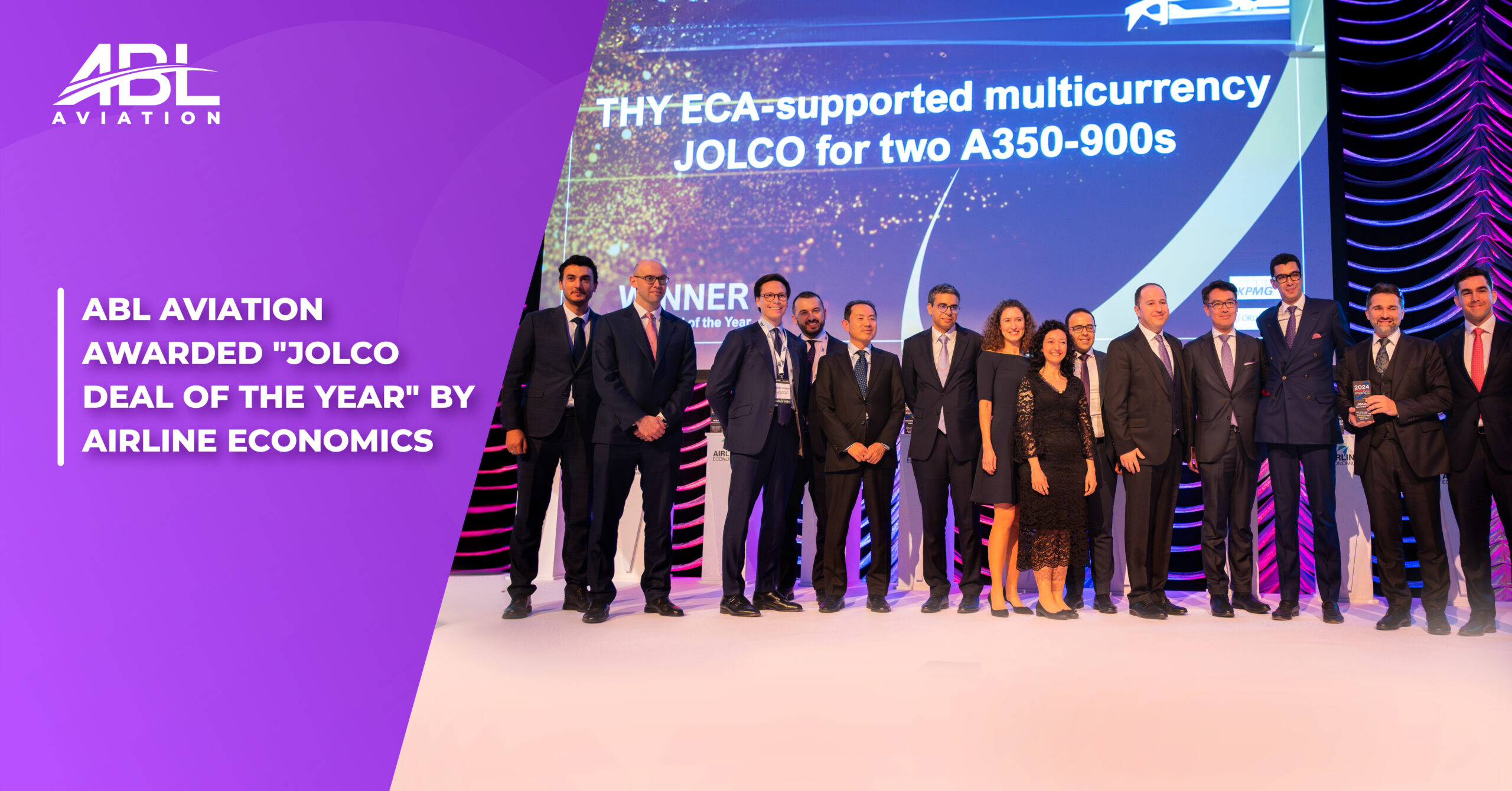
Aviation Is Experiencing a New Dynamic Facing Environmental Issues
Today, more and more players in the aviation industry are concerned about the environment and are constantly pooling their efforts in order to effectively fight against global warming. This collective awareness comes at a time when the number of travelers is rising dramatically, which is putting additional pressure on airlines to offer even more innovative and environment-friendly solutions.
One of the most obvious manifestations of this collective awareness is the fact that the aviation industry, under the aegis of the ICAO (International Commercial Aviation Organization), is the first economic sector to have adopted a worldwide, universal, and restrictive program to control its CO2 emissions. Known as ‘CORSIA’ (Carbon Offsetting and Reduction Scheme for International Aviation), this ambitious plan that has been adopted by more than 70 countries, aims to enable the sector to achieve fully carbon-neutral growth over time.
In addition to the use of lightweight materials (often carbon fiber or composites) to make aircraft lighter and more energy efficient, another lever is being used: biofuels. According to the IATA (International Air Transport Association, which groups 280 airlines, or about 83% of the world’s air traffic), the trend toward the use of biofuels in aviation is becoming increasingly evident. IATA estimates that by 2025, nearly one billion passengers could begin to be transported on aircraft using biofuel.
Another solution is the use of hybrid aircraft that run on both fossil fuels and renewable energy. For example, Boeing is already working (with promising results) on the development of a prototype aircraft that uses kerosene only during the take-off phase and switches to electric power at cruising speed. The same goes for Airbus, which, in addition to SAF and hydrogen development (50% of expected gains), has a technology roadmap that includes several improvements in aircraft and engines also developing the world’s first zero-emission commercial aircraft by 2035. The Airbus ZEROe concept aircraft will feature a hybrid propulsion system that is primarily powered by hydrogen fuel cells to generate electrical energy through a chemical reaction between hydrogen and oxygen.
We are also experiencing a steady increase in the number of ‘green’ airports around the world, which may be built from recycled materials or use renewable energy to operate. This is the case of Stockholm airport, whose terminals are heated entirely by geothermal energy. This airport goes even further by offering its passengers the possibility of connecting to the city center with 100% electric cabs.
It is therefore certain that many airlines and other aviation stakeholders are currently mobilized in response to climate and environmental issues. Despite the disparity in terms of speed regarding cultural and process changes within companies, the divisions will gradually be reduced thanks to this new dynamic of collective awareness which is constantly expanding
Go Back




